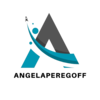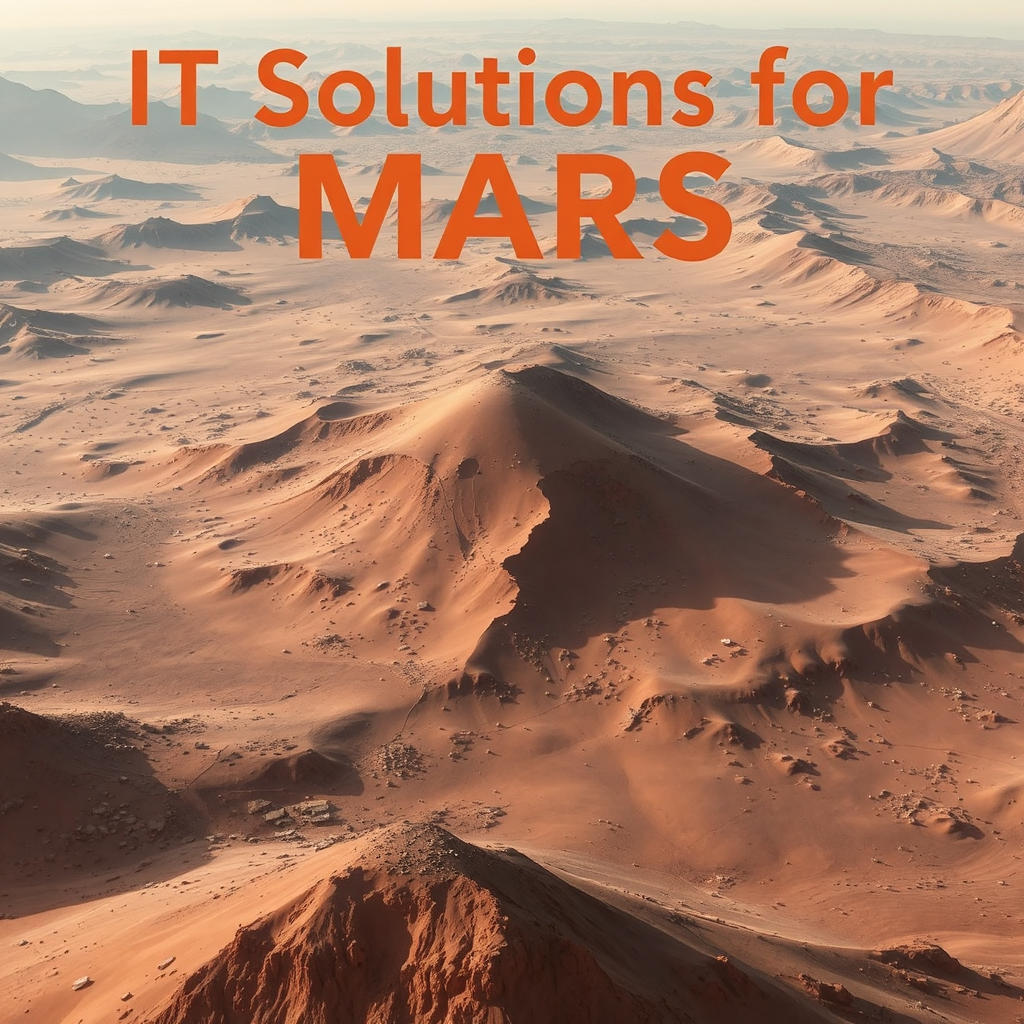Humanity has always been driven by curiosity and exploration. After conquering space travel and sending unmanned missions to the Moon and Mars, the next logical step is colonizing these distant worlds. Colonization of Mars is not just a far-fetched dream but a realistic goal that many tech visionaries, like Elon Musk, aim to achieve. However, setting up a sustainable colony on Mars presents immense challenges. This is where IT solutions become critical, playing an essential role in overcoming the obstacles that come with the colonization of a planet millions of miles away from Earth.
The Importance of IT in Mars Colonization
Mars colonization will require unprecedented levels of technological advancement, coordination, and problem-solving. At the heart of these solutions are IT systems designed to facilitate everything from resource management to communication networks. As we explore the prospects of setting up colonies on Mars, the role of IT solutions in making this dream a reality cannot be overstated.
Whether it’s ensuring that a colony has access to reliable power, managing critical life support systems, or enabling secure communication between Earth and Mars, information technology will be at the forefront of every major process involved in Mars colonization.
Communication Networks: A Vital IT Solution for Mars Colonization
One of the primary IT solutions needed for Mars colonization is a robust and reliable communication network. Earth and Mars are separated by an average distance of about 225 million kilometers. Because of this vast distance, the delay in sending signals between the two planets can range from 3 to 22 minutes, depending on their relative positions in orbit.
To manage this, IT solutions will need to focus on optimizing communication protocols to ensure that crucial messages and data are transmitted as efficiently as possible. Technologies like delay-tolerant networking (DTN) are already being explored to mitigate communication lags. DTN is a promising IT solution because it stores data packets when a connection isn’t available and forwards them once a link is reestablished.
Moreover, developing autonomous IT systems for the Mars colony will reduce reliance on Earth-based instructions. Such systems would need to be robust enough to operate and make critical decisions without immediate human intervention, a challenge that can be addressed with the help of AI-powered IT solutions.
Data Management: A Key IT Solution for Mars Colonization
Data management will be another critical element in the IT solutions designed for Mars colonization. The Mars colony will generate massive amounts of data, from research findings and environmental monitoring to resource usage and health metrics for its inhabitants.
Centralized data management systems will be essential for ensuring that data is collected, stored, and analyzed efficiently. This is where cloud-based IT solutions will come into play. A distributed cloud architecture could allow for real-time data analysis across the colony, ensuring efficient decision-making, while storing critical information locally for redundancy. However, given the long distances between Earth and Mars, hybrid cloud IT solutions will be necessary to maintain local data access with minimal reliance on Earth-based data centers.
IT solutions for data management will also need to prioritize cybersecurity. As the colony grows, so too will the risks of cyber-attacks, whether from rogue AI systems or other external threats. This calls for IT infrastructures that not only manage vast amounts of data but also ensure its security and integrity.
Automation and AI: Essential IT Solutions for Mars Colonization
Given the harsh environment and limited resources on Mars, it will be impossible to manually manage all aspects of the colony. This is where IT solutions focused on automation and artificial intelligence (AI) come into play.
AI-powered IT solutions can automate many critical processes, such as environmental control, resource allocation, and even agricultural systems for food production. Robots, for example, will be used to build infrastructure, maintain systems, and mine resources, all controlled by IT solutions designed to optimize performance and minimize human involvement.
Another exciting application of AI in Mars colonization will be predictive analysis. Advanced AI solutions could analyze environmental data to predict potential risks like dust storms, equipment failure, or resource shortages, allowing the colony to take proactive measures to mitigate these issues.
Sustainable Energy: IT Solutions for Energy Management
Mars colonization will require sustainable energy sources to power everything from communication systems to life support and transportation. IT solutions for energy management will be critical in ensuring that the colony’s energy needs are met in an efficient and sustainable manner.
Solar power will likely be the primary source of energy on Mars, but its efficiency can be hampered by the planet’s frequent dust storms. Therefore, IT solutions will be needed to manage energy storage systems effectively, ensuring that power is available even when solar panels are covered by dust or in low-light conditions. AI-driven IT solutions could help in predicting energy demands and optimizing energy consumption to prevent shortages.
Additionally, IT solutions that integrate renewable energy sources with advanced battery systems will play a key role in energy management for Mars colonization. These systems will monitor energy inputs and outputs, allowing the colony to manage power use efficiently while minimizing waste.
Health Monitoring and Life Support Systems: Critical IT Solutions for Mars Colonization
Mars colonization is not just about surviving—it’s about thriving. For humans to thrive on Mars, life support systems must be meticulously managed. IT solutions designed for health monitoring and life support will be crucial to ensuring the well-being of the colonists.
Wearable health devices connected to a central IT system can continuously monitor vital signs, track physical and mental health, and detect potential medical issues before they become serious. These IT solutions will allow for personalized healthcare plans tailored to each individual colonist, even without immediate access to doctors or medical facilities on Earth.
Life support systems—responsible for air, water, food, and temperature regulation—will also rely heavily on IT solutions. Advanced control systems will manage these critical components autonomously, using real-time data and predictive algorithms to ensure optimal living conditions at all times.
Conclusion: IT Solutions as the Backbone of Mars Colonization
The colonization of Mars will be one of the greatest achievements in human history, but it will not be possible without the right IT solutions. From communication networks and data management to automation, AI, and energy management, IT will be the backbone that supports every aspect of life on Mars.
As we move closer to making Mars colonization a reality, it’s clear that the future of space exploration depends on our ability to develop innovative IT solutions. The journey will be long and filled with challenges, but with the right technology in place, humanity can not only survive on Mars but build a thriving, self-sustaining colony that paves the way for even greater exploration of the stars.




